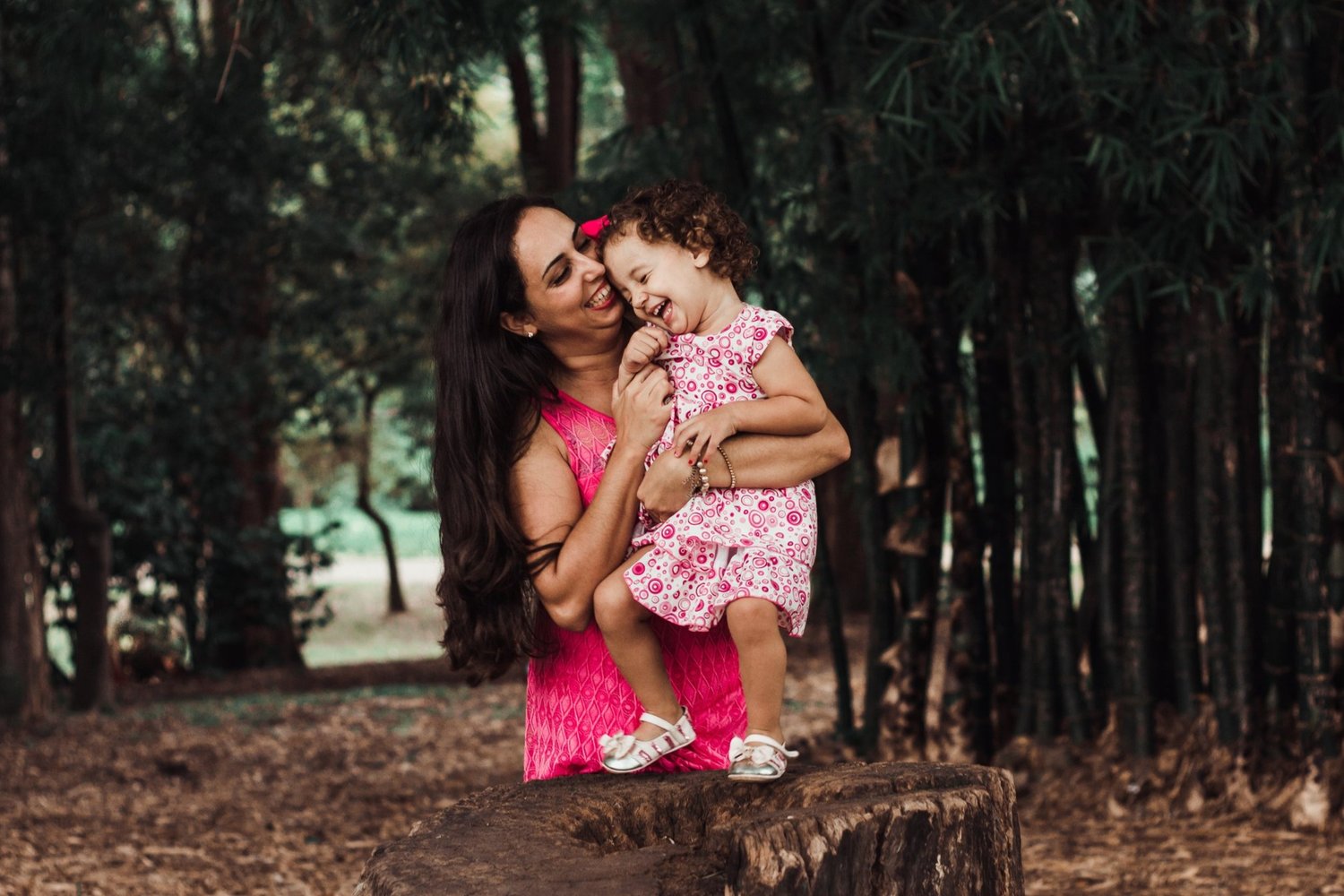Dr. Hanna Rue and Jonathan Lehmann join us to discuss the importance of early diagnosis and the potential of a new tool aimed at addressing health disparities, particularly for families from diverse backgrounds. In this episode, we explore the application of the EarliPoint device, which uses eye gaze tracking technology to diagnose autism in children aged 16 to 30 months. Dr. Hanna Rue emphasizes, “We all know that access to diagnostics can be extremely challenging. Within the Boston area, some families are waiting three years. Research supports that the earlier you start with services, the better outcomes you have.”
View the transcript, show notes, and previous episodes on https://www.allautismtalk.com/episodes/eye-gaze-technology-and-equity-in-action
All Autism Talk is sponsored by LEARN Behavioral.







